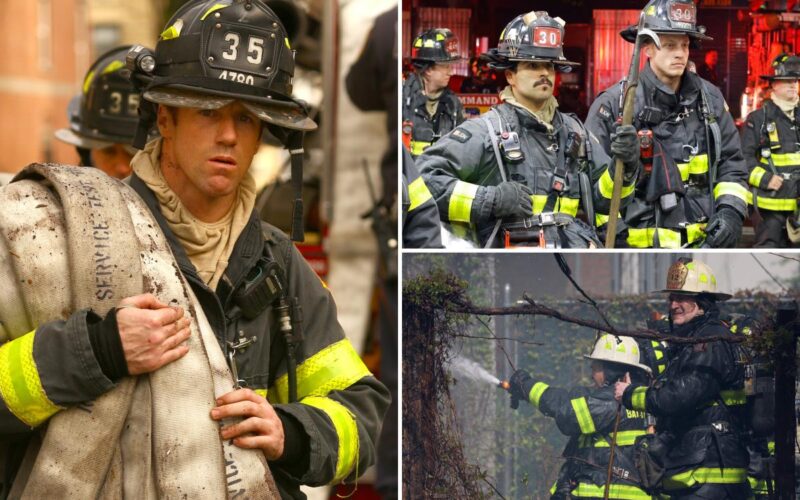New York’s Bravest would no longer be forced to use firefighting gear and other protective equipment containing a cancer-causing chemical under new legislation being considered by the City Council.
The four-bill package, introduced this week by Council Minority Leader Joann Ariola (R-Queens), would require the FDNY by 2028 to phase out and find alternatives to firefighting protective clothing and other equipment containing PFAS, or per- and polyfluoroalkyl substances, that have been used since the 1970s to provide heat and water resistance.
“This is about protecting our protectors,” said Ariola, who chairs the Fire and Emergency Management Committee that will host a hearing on the bills Monday.
“Our firefighters risk their lives for us every day. The least we can do is make sure that the gear meant to keep them safe isn’t slowly poisoning them.”
Manufacturers of the products are defendants in ongoing class-action lawsuits filed by thousands of plaintiffs, including some FDNY firefighters. The plaintiffs allege they’ve suffered serious health issues through skin contact from contaminated gear or using a foam containing PFAS to put out fires, which the FDNY stopped using decades ago.
The FDNY has yet to find PFAS-free equipment it’s comfortable offering firefighters that provide similar protection from burns, said Bobby Eustace, vice president of the Uniformed Firefighters Association.
“This gear needs to be phased out. Cancer is the No. 1 killer of our members,” said Eustace, adding he believes the three-year window for the FDNY to find safer products is doable.
It’s unclear how much it would cost to replace the gear. The FDNY did not return messages.
Ariola’s legislative package also would provide free health screenings yearly to firefighters to check for PFAS exposure, and biannual exams for FDNY retirees.
And under the legislation, all NYC firehouses would be tested under for potential PFAS exposure in drinking water since particles of the cancer-causing substance has been known to get into piping systems. Settlements related to drinking water contaminated by PFAS pollution topped $18 billion in the U.S. as of 2024, according to an analysis by Verisk Analytics.








